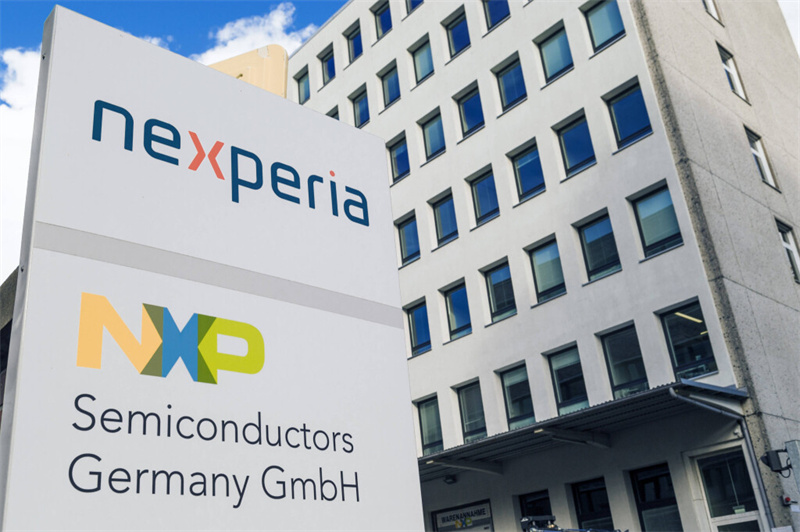According to a Reuters report on October 31, Dutch semiconductor manufacturer Nexperia has suspended wafer shipments to its assembly and testing plant in Dongguan, China, raising further concerns over supply chains for global automakers. The suspension took effect on October 26, the company said in a letter to customers dated October 29 and signed by interim CEO Stefan Tilger, which was reviewed by Reuters.
Nexperia said the decision was “a direct consequence of the local management's recent failure to comply with the agreed contractual payment terms.” The company added that shipments from its European front-end fabs could no longer be justified and would only resume once contractual obligations were fulfilled. It stressed that the move does not indicate a withdrawal from China and that it is seeking alternative solutions to support customers.
The escalation comes after the Dutch government took control of Nexperia from its Chinese parent Wingtech Technology on September 30 and removed the Chinese unit's CEO, citing risks that core technology could be transferred to Wingtech. Nexperia said it is financially independent from Wingtech and does not raise capital from the Chinese firm.
Following the takeover, Nexperia's China unit resumed sales to domestic customers but required all transactions with distributors to be settled in Chinese yuan instead of U.S. dollars or other foreign currencies. Roughly 70% of Nexperia's chips produced in Europe are packaged in China and then sold primarily to distributors serving the automotive and consumer electronics sectors.

On October 4, China's Ministry of Commerce issued an export ban on certain finished components and sub-assemblies made by Nexperia in China, preventing the Dongguan facility from exporting chips manufactured using wafers imported from abroad. Industry sources said the factory has since shut down about one-third of its production equipment due to shortages of wafers and critical materials.
The dispute has raised alarm among European and Asian automakers. Stellantis said it has established a “war room” to monitor the situation, while Nissan noted it had secured enough chips to maintain production until the first week of November. Some Nexperia components that previously cost only a few Chinese cents are now trading at two to three yuan each—more than ten times their original price.

The Dutch government said the suspension of wafer supplies was a corporate decision by Nexperia, not the result of state intervention. However, it confirmed that The Hague is in talks with EU governments, the European Commission and Chinese authorities to reach a “constructive solution.” EU tech chief Henna Virkkunen said after meeting Nexperia management that both sides are working toward a diplomatic breakthrough and exploring short- and medium-term measures to ease supply disruptions.
According to Chinese media reports, Nexperia's Dongguan plant accounts for about 70% of the company's global assembly and packaging capacity. Analysts suggest Nexperia may now divert wafers to facilities in Malaysia or the Philippines to serve overseas customers, leaving reduced supply for China.
Wingtech has pushed back against the Dutch government's takeover of Nexperia and has reportedly demanded the reinstatement of former Nexperia CEO Zhang Xuezheng as a condition for any agreement to resume exports from China. The Dutch Ministry of Economic Affairs, however, argues that Zhang's actions posed a serious threat to the company's intellectual property and operational continuity. Wingtech denies any wrongdoing, calling the accusations politically motivated and insisting that no technology transfer or theft has occurred.
The standoff leaves both Nexperia and its Chinese unit exposed: without Dutch wafer supplies, the Dongguan factory risks further shutdowns, while Nexperia faces growing pressure to secure sufficient packaging capacity outside China to support European and global customers.
+86 191 9627 2716
+86 181 7379 0595
8:30 a.m. to 5:30 p.m., Monday to Friday
